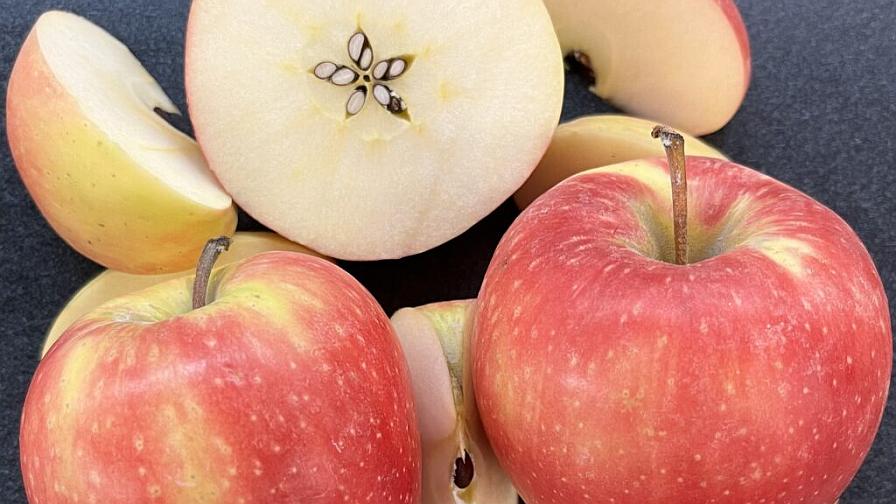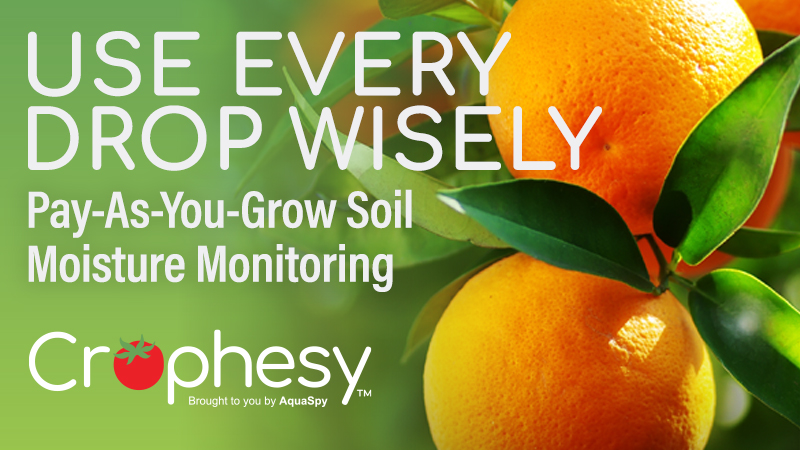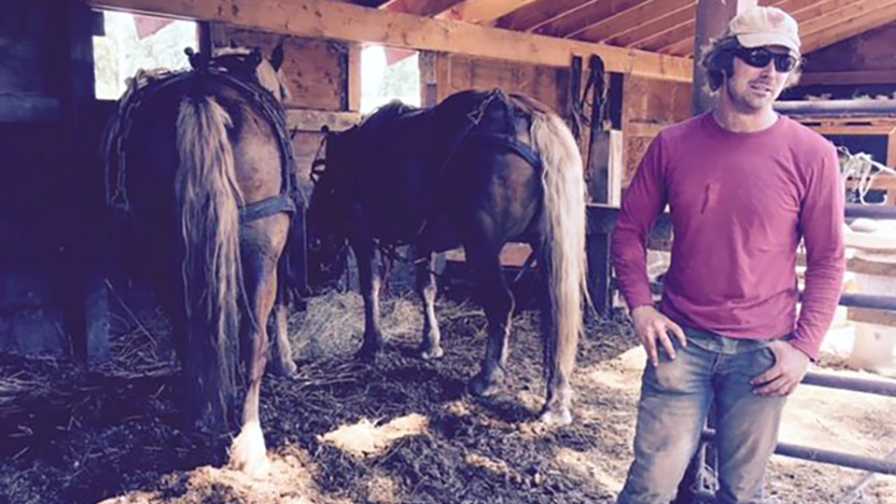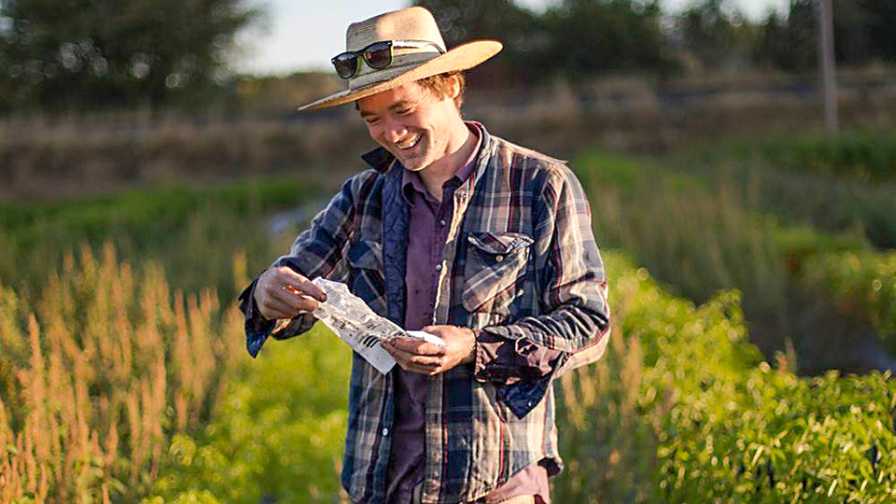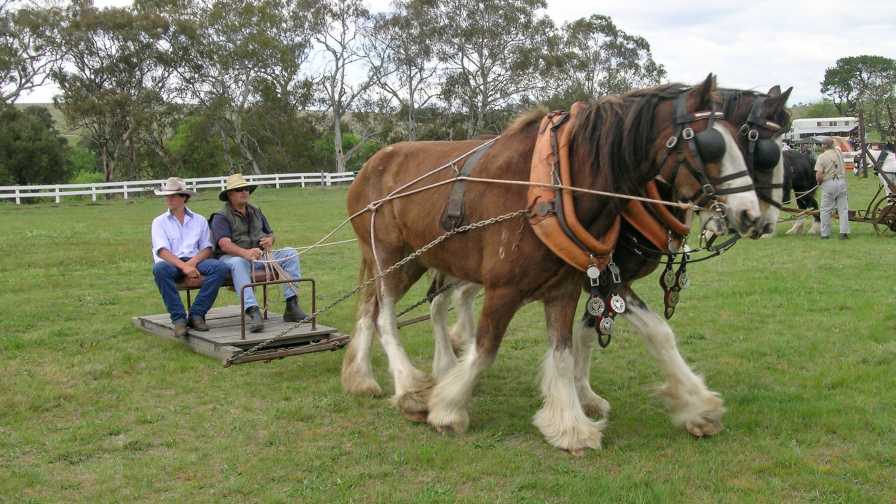A Vegetable Farm Reinvents Itself to Weather the Pandemic
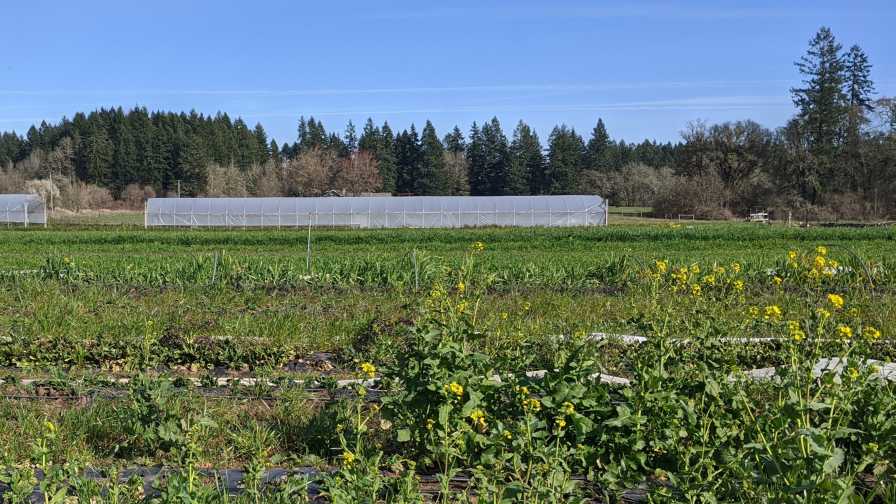
The owners of Stoneboat Farm in Oregon are dedicated to organic practices, although they decided to drop certification. This year, they are changing their crop mix to match 2020 needs.
Photo courtesy of Stoneboat Farm
Over its six-year history, Stoneboat Farm in Hillsboro, OR, built a healthy business. It had a popular, 100-person CSA (community-supported agriculture) program, but restaurant customers formed the backbone of the farm. One of the two brother owners, Aaron Nichols, is a chef. He built an intriguing crop mix to appeal to his peers throughout the Portland area. So it’s a natural outcome that sales to restaurants made up 60% of their sales.
When the epidemic hit, the Nichols brothers had to scramble to reconfigure their vegetable operation. Their willingness to find a new business model means the little farm will end the year not far off from where they originally projected.
What’s more, their new model helps out other small agricultural businesses near them.
Here’s how they are making a restaurant-dependent farm work in the era of COVID-19.
Restaurant Crops Differ
As mentioned earlier, restaurant sales made up 60% of Stoneboat Farms’ annual income. It’ll likely provide only 10% in 2020.
You hear those stats and immediately think of which customers they can pivot to. But the loss of those customers is more profound for the brothers, both on a personal and business level.
On the personal front, their friends are losing their hard-fought livelihoods. Many of the people who impacted communities won’t be able to continue operating their restaurants.
“One of [our restaurant customers] told us to take our check to the bank right away,” Aaron says, the implication being some checks will bounce.
“Some will hold on. My guess is even if they held on during the closure, most can’t make it,” Aaron says.
On the business front, the Nichols had configured their farm to grow crops only restaurants would buy. The brothers worked closely with area chefs to develop a crop mix that would appeal to their clients. So they had a lot of specialty items like edible flowers, unusual salad greens, and cucumbers.
Take those cucumbers. Stoneboat typically has 12 or more varieties. Because the restaurants paid a premium, less productive fancy cucumbers still made a profit. So this year, Aaron planted only eight varieties.
The brothers faced a similar dilemma with their salad plantings, which had made up more than a quarter of the farm’s income. But they sold the crop primarily to restaurants.
“Normally, I have my seeding plans figured out for the year in February, but we’re just not sure this year,” Aaron says.
Most of his plans will simplify, allowing them to better serve their current customers.
“Not a year to experiment,” he says.
CSA Business More Than Doubles
Stoneboat Farms’ CSA had 100 customers before 2020. Within a few weeks, it more than doubled.
“I think I’ll cut it off at 250,” Aaron says.
While needing extra income spurred the decision to increase the CSA, it’s turned into something rather wonderful.
It started out as a logistical problem. Stoneboat already had crops in the ground when the pandemic hit. When the CSA more than doubled, they ramped up planting to accommodate future demand. However, those original plantings weren’t enough to cover the first third of the CSA season.
So they turned to fellow farmers to help. And it turns out they needed a sales outlet themselves.
“We’re helping our neighbors and the local economy maintain these businesses, especially those who had their own restaurants or sold to them,” Aaron says.
As they conferred with the other suppliers, they realized they could significantly expand what they include in their CSA packaging.
Stoneboat Farm’s CSA customers can now include eggs, herbs, salmon, and even craft beer along with their Stoneboat vegetables.
The operation has also ramped up supplying to local farm stands, which is a lifeline for area farms.
“Their business is booming,” Aaron says. “It’s keeping a lot of businesses alive and functioning.
The brothers are working with some local restaurants who are finding new ways to exist.
“We’ve had some restaurants talking to us about … having fresh produce to sell. A client of ours switched from bakery to a grocery store,” Aaron says.
To ensure customers get enough vegetables in the first part of the CSA season, Stoneboat developed a partnership relationship with a larger grower in the area, Sauvie Island Growers.
It put them in an unaccustomed role.
“I’m going to buy [their vegetables] like I’m a restaurant. Buy it a couple of weeks in advance, tell them what I want, and they’ll deliver it here,” Aaron says. “It’s a strange thing.”
New Retail Contract
Before the lockdown began, the Nichols brothers had been talking to a popular regional grocery store chain about growing one or two things for them. They ended up growing six or so crops for the retailer — a large scale for a small farm. Those six crops go a fair way to replacing the lost restaurant income, providing between 12% to 20% of the farms’ income this year.
“We’re happy to have the sure sales of a contract,” Aaron says. “But [the percentages] will be because the other areas are suffering.”
Prior to this year, the Nichols had a limited relationship with retail customers. By adapting to 2020 realities, the farm will not only thrive. It may help others along the way.
At a Glance: Stoneboat Farm
Owners: Brothers Aaron and Jesse Nichols
Location: Hillsboro, OR
Crops: More than 100 varieties
Size: 15 acres
Main Customers: Foodservice and retail
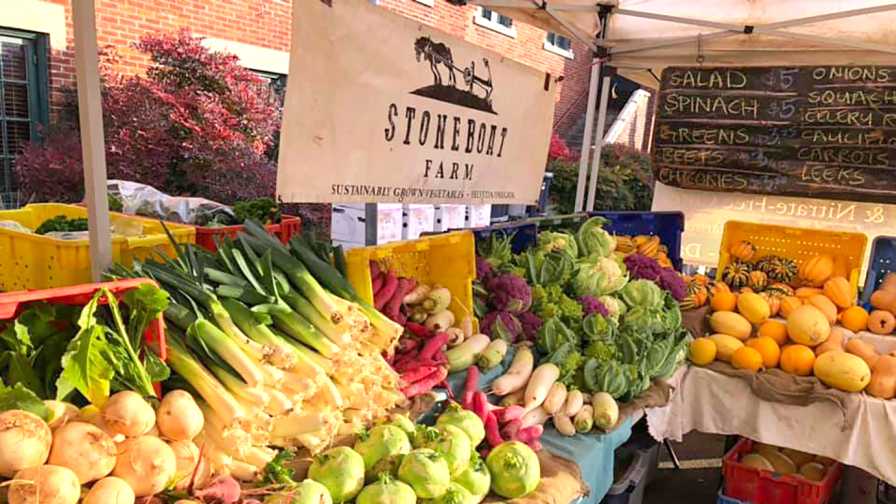
Community supported agriculture (CSA) is at the heart of success for Stoneboat Farm.
Photo courtesy of Stoneboat Farm
Pandemic Demands New CSA Precautions
CSAs bring to mind boxes or bags of what’s harvested that week. In the typical model, customers don’t have a lot of say in what they get.
Stoneboat Farms’ model is different. It’s set up more like a farmers’ market, but open only to CSA members.
Stoneboat sets up a tent for them to walk through to select what they want, and how much they walk away with depends on whether they pre-purchased a full or half share in the CSA.
Obviously, the model must change until there is immunity to COVID-19.
Aaron Nichols, Stoneboat Farms’ co-owner, with his brother Jesse, will make some changes.
One change will be to have CSA members sign up for a time slot to walk through the tent.
“Our customers are very concerned about social distancing,” Aaron says.
Stoneboat will also begin packaging offerings it hadn’t in the past. It’ll offer previous bulk items like salad kale in bags, for example. And that requires more labor.
“I’m hiring a full-time person,” Aaron says. “This year we have to do that. Instead of a 5-hour-a-week job, it will be 35 hours a week. And we’ll need to hire a new person, since we don’t want to lose our production folks.”
Behind the Name
Stoneboat Farms derives its name from the operation’s practice of using horses in their production. The farm uses the old-fashioned tool of a horse-drawn, large wooden sled growers can use to haul equipment and crops or remove large debris from the field, such as stones. That sled’s name? A stone boat.






